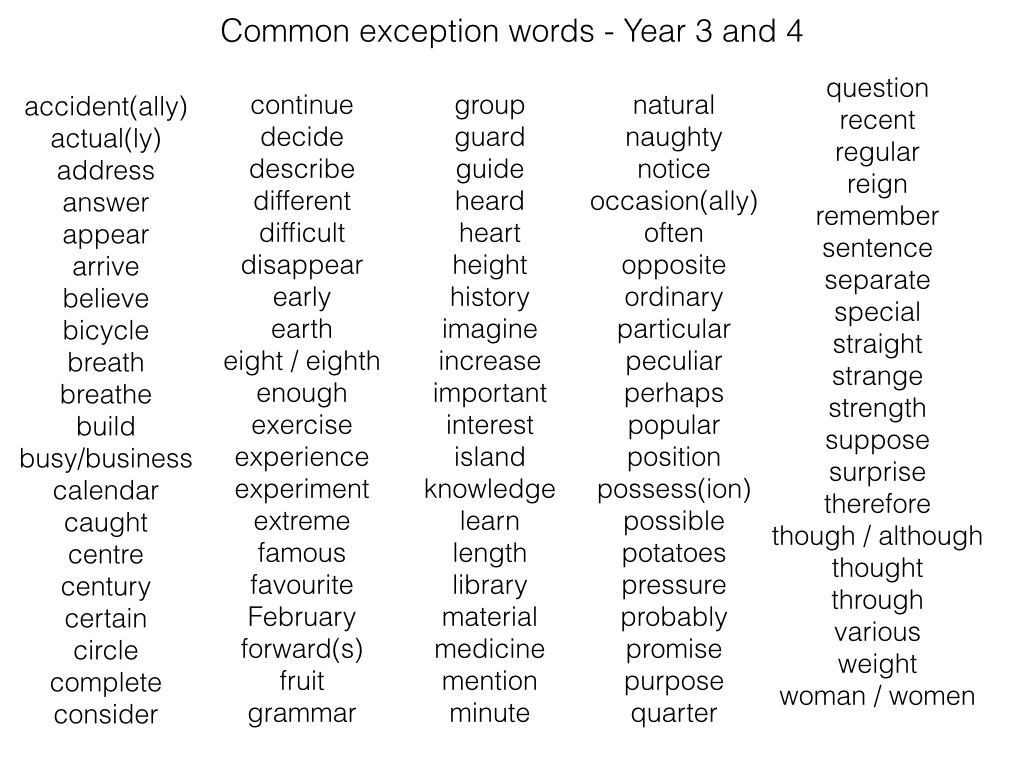Homework resources
If your teachers need you to follow up your classwork, prepare for your next lessons or practice what you have learnt at home, they will let you know and post reminders in Microsoft Teams. you will be able to find all the resources you need there.
Each week, teachers will put a copy of their plans for the main subjects in the Files section in the Year 3 Team. Your parents might find this helpful if they want to know what you've been learning about in school. You could follow up at home by looking for similar topics on Bite Size.
BBC Bitesize
If you need some work to do at home and you cannot find enough to keep you busy in Teams or on this page, you can find great resources on the BBC Bitesize site.
Reading
3 times a week challenge! Can you do it?
Children should spend some time reading for enjoyment every day. They might be reading comics, or poetry, or encyclopedias or novels. They might be reading on screens or on paper. It doesn't really matter, as long as they try to understand and think about what they are reading.
Reading out loud is really important, not so much to test if they can read the words, but to help them understand with they are reading and to share their thoughts about it with someone else.
Reading to children is also really important and enjoyable, even when they are fluent readers themselves.
Spelling
Spelling Logs
Children are used to making a note in their log book of words they need to learn. While they are at home, they can still do this, even though they may not have their logbook. If they have to look up a spelling when they are doing some writing, or if they come across an interesting word when they are reading, they can make a note, and choose a few words each week to practice.
Children should also try and learn all of the words on the list of "common exception words". These are words which don't necessarily follow a common spelling pattern, but they are common words which everyone should know how to spell.
Maths
The expectation is that children will have learnt their 2, 5 and 10 multiplication tables by the end of Year 2. By the end of Year 3, they should confidently know all of these plus 3 and 4 times tables. There is nothing to stop them going on and mastering the rest!
You can practise at home by working through the tables sheets. See if you can beat your previous best time, and get all the right answers.
Helpful resources
Get links to helpful resources for Year 3.
